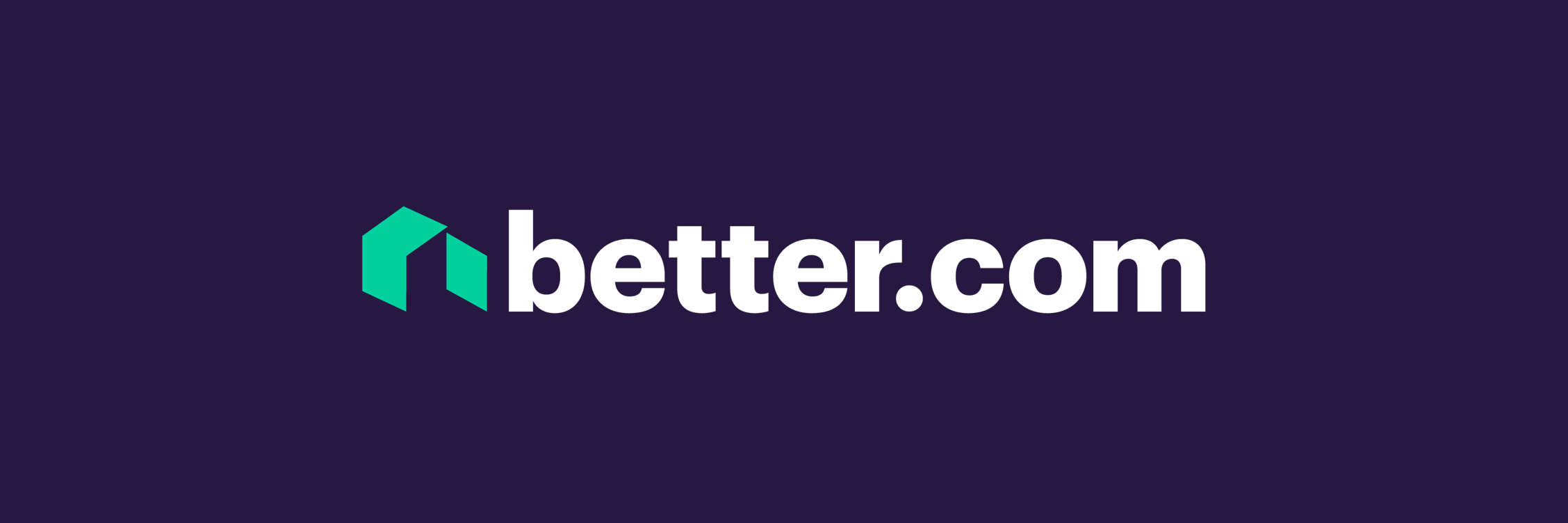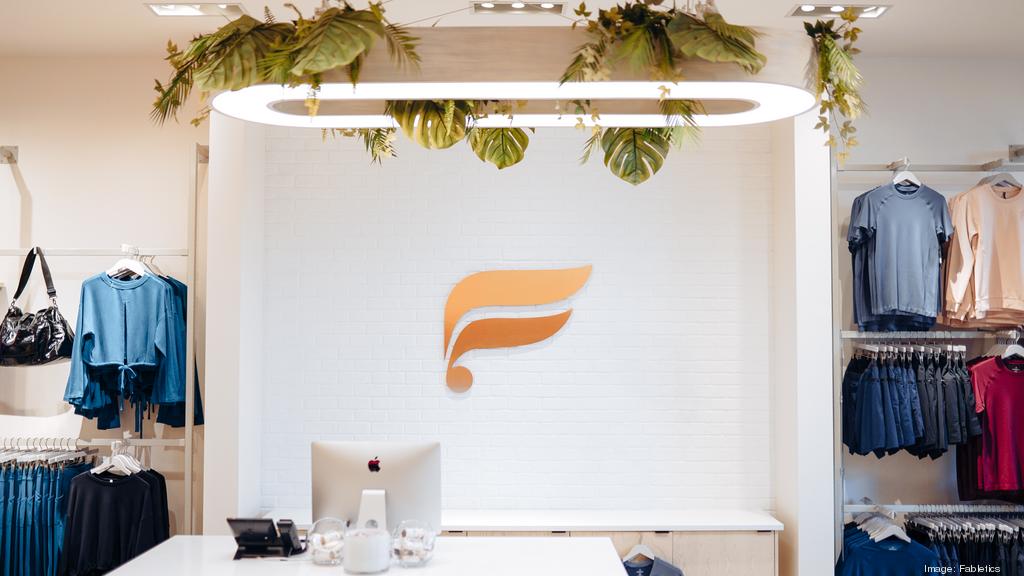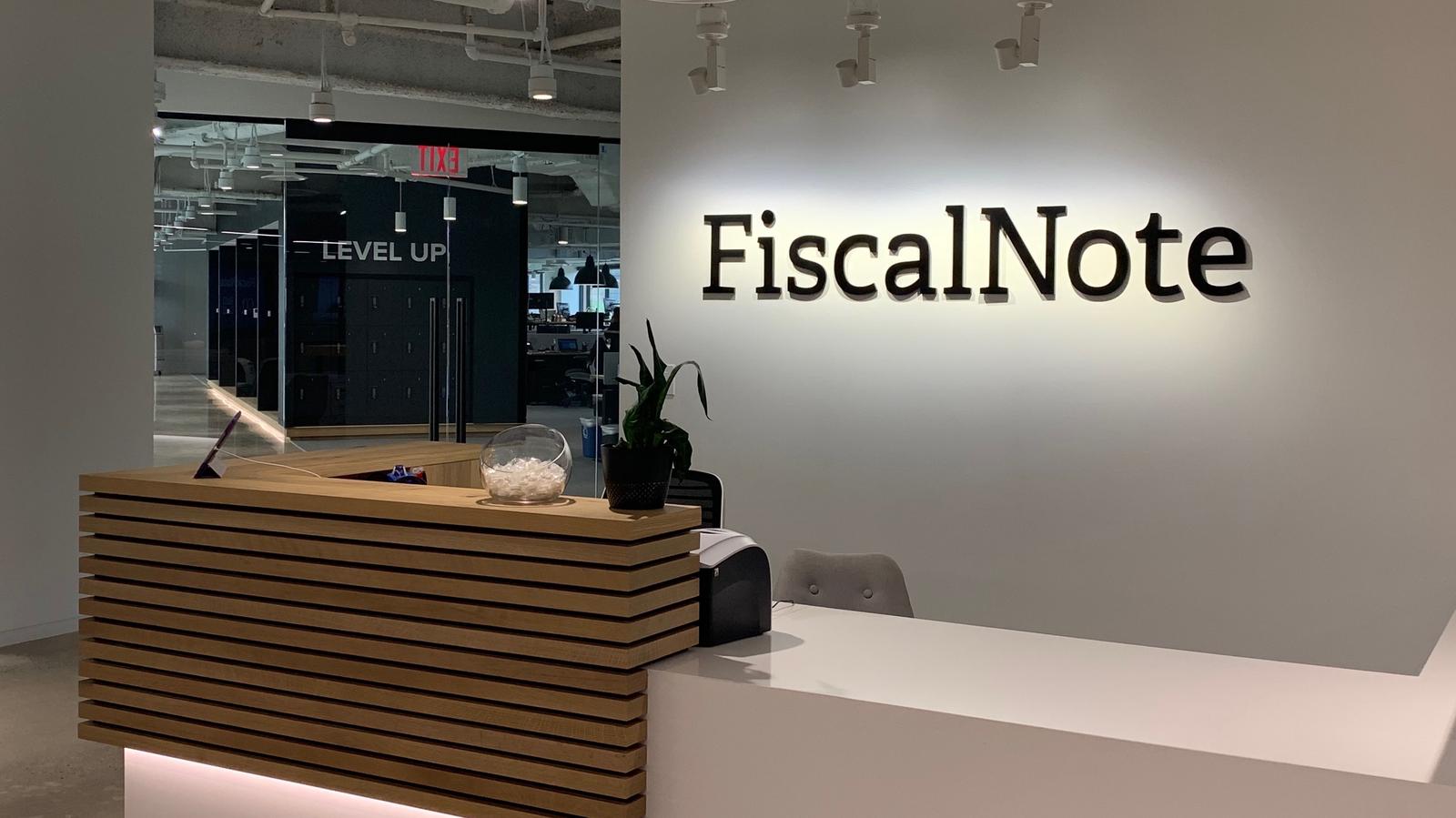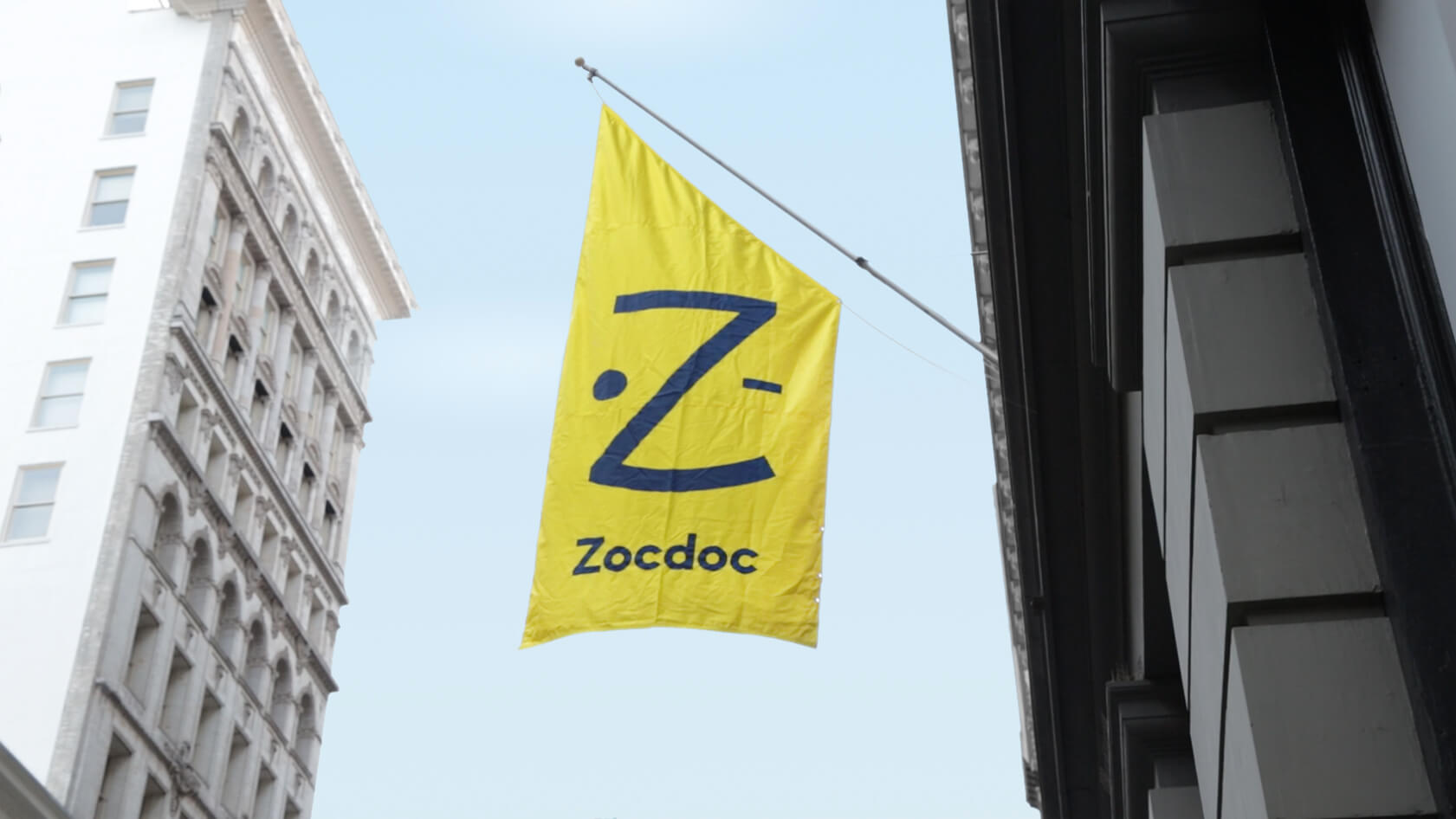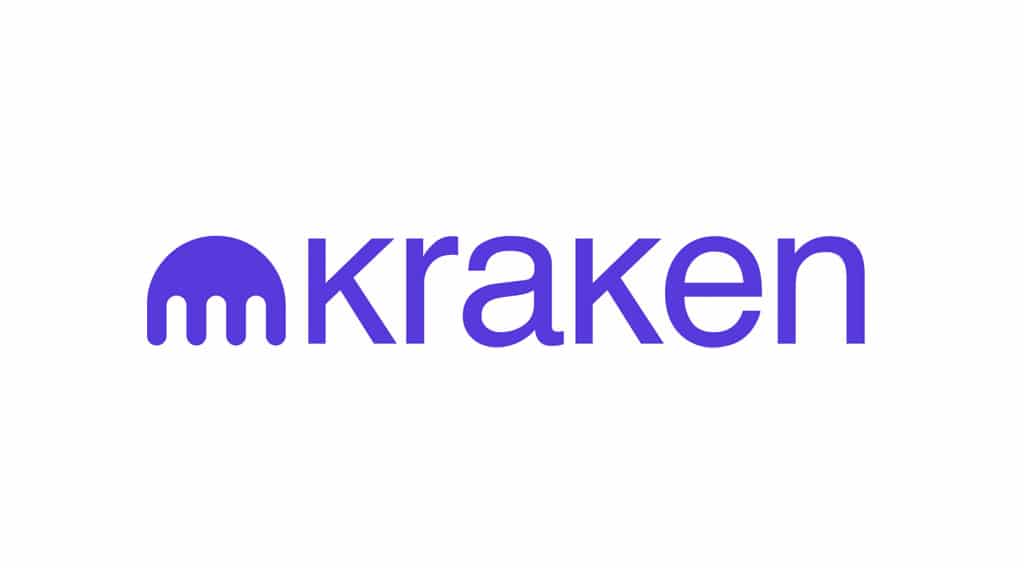Last week, SpaceX’s valuation topped $ 100 billion in a secondary stock sale. Current investors sold 755 million shares at $ 560 each. Thus, during the deal, SpaceX did not raise new capital funds. The new estimate is 33% higher than the previous $ 74 billion, which Elon Musk’s company received during the last investment round in February this year. Then the company managed to sell 850 million shares and raise almost $ 1.2 billion. Since SpaceX is not a public company, it is not obliged to disclose for what purpose the new capital is being raised. However, information appeared in the media that the space company intends to invest in the development of its Starship and Starlink projects. It is noteworthy that in September of this year, SpaceX successfully launched a crew into space, consisting entirely of space tourists. For the first time in history, civilians went into orbit without professional astronauts.
Starlink is developing high-speed internet that can be accessed from anywhere in the world. To date, SpaceX has launched 1,740 satellites into orbit as part of this project. As part of the public beta testing, the Starlink network is used by more than 100 thousand people in 14 countries around the world. The subscription fee is $ 99 per month. The preferred configuration for covering the entire planet with the Internet has almost 30,000 satellites deployed at nine altitudes, ranging from 340 km to 614 km. SpaceX noted that it has significantly improved the engines of its satellites, as well as the control system, so the risk of collision with large objects in orbit is practically zero. The Starlink project is expected to cover the earth’s axis closer to 2027.
Starship is the next generation reusable launch vehicle for space travel to transport passengers and cargo into orbit and to the surface of the Moon and Mars. SpaceX has successfully completed several short Starship test launches in South Texas. The company is currently awaiting regulatory approval for a test flight into Earth orbit. The Falcon 9 rocket can carry 60 Starlink satellites into orbit simultaneously, while the Starship can transport 400 satellites at once.
SpaceX got serious about in March 2017, when the company managed to vertically land its rocket and then reuse it. Rocket reuse is fundamental to the availability of space exploration as it drastically reduces the cost of a flight. In May 2019, SpaceX received an estimate of $ 33 billion during the next investment round, following which the company was able to raise $ 536 million. Thanks to the successful development of the Starlink and Starship projects, the company’s value tripled in 2.5 years.
Space exploration is a capital-intensive business that will not be profitable anytime soon. Nevertheless, there is high competition in the market, since the winner will not only manage to skim the cream off the market, but also run a highly profitable business with high barriers. SpaceX competes with Blue Origin, founded by billionaire Jeff Bezos, founder of Amazon, United Launch Alliance, created by aerospace giants Boeing and Lockheed Martin, sensational Virgin Galactic, created by Richard Branson, founder of the famous Virgin brand, as well as other lesser-known companies and government organizations from different countries.



